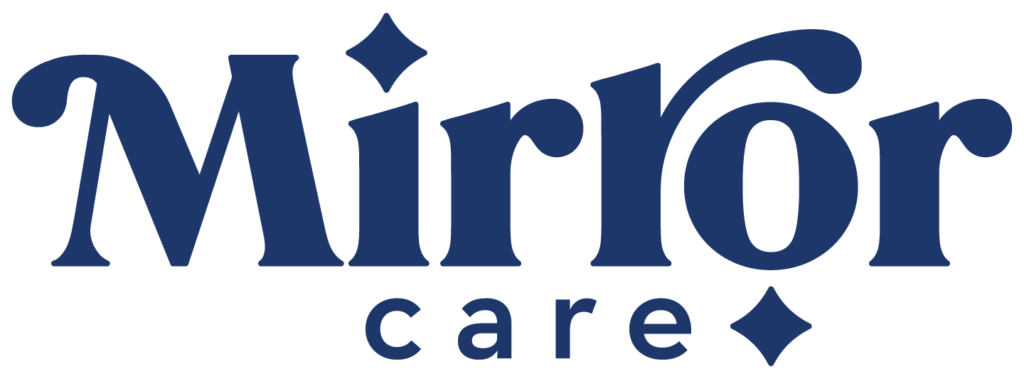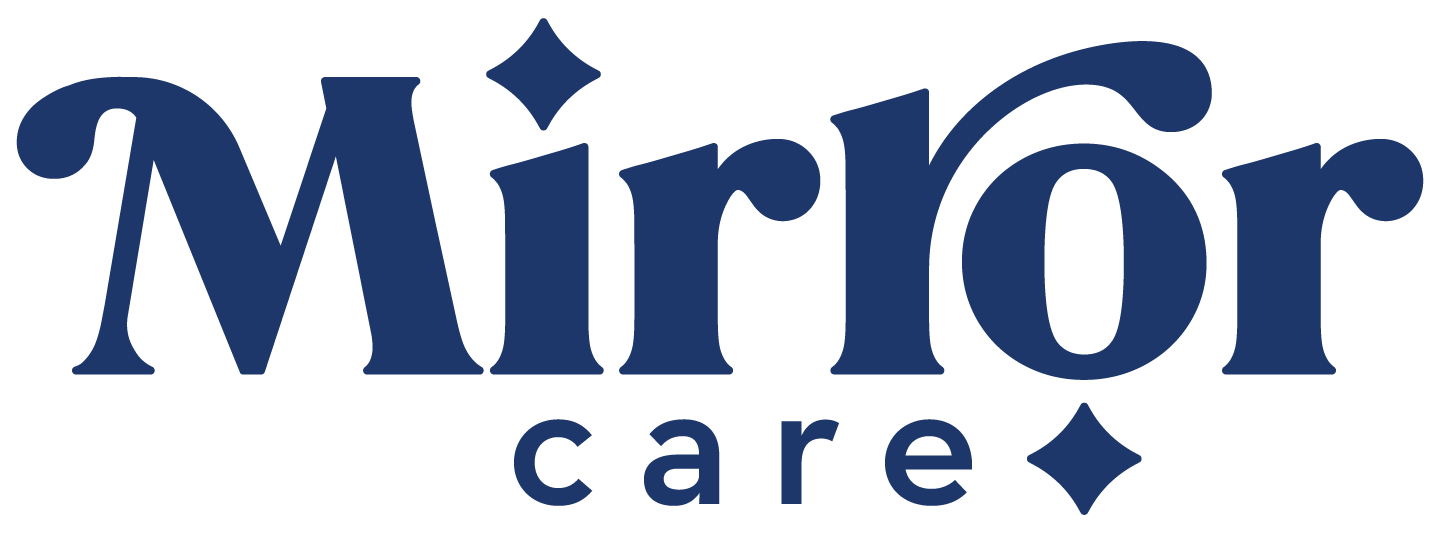Hair loss and thinning is a common side effect of aging. By age 50, over 50% of men and women will experience hair thinning, with the majority of men experiencing some degree of androgenetic alopecia (male pattern baldness) by age 40. For women, there is a sharp increase in hair loss and thinning after menopause and, regardless of sex, our hair continues to thin as we age.
But what are the underlying factors that cause hair loss? How can we make our hair healthier? And is there anything we can do to stop hair loss and thinning?
What causes hair loss?
We understand that hair loss is synonymous with aging, but what is it about aging that causes our hair to become less healthy, thinner, or even disappear? There are many factors that influence our hair health, including:
- Andropause (male menopause)
- Diet
- Hair care and styling
- Hormones
- Collagen and elastin
- Environmental pollution/toxins
- Genetics
- Medications
- Menopause
- Smoking
- Stress
- Surgery
- UV exposure
Although this list may feel overwhelming, there are many simple steps that you can take to address these factors, and lots of them only require healthy habits!
Reduce hair loss through nutrition
A balanced diet is critical to scalp health, and the phrase “you are what you eat” is never truer than when it comes to our hair. Nutrients from our diet help support hair follicle health, build hair fibers, and improve hair texture.
- Eat plenty of protein (at least 45 grams daily) – hair follicles are made primarily from a protein called keratin, and studies have shown that having an inadequate level of protein in your diet can lead to weak, brittle, and dry hair, a loss of hair color, and potentially hair loss. Good sources of protein include:
- Beans
- Eggs
- Fish
- Lean meats
- Legumes (e.g., black-eyed peas, chickpeas, edamame, lentils)
- Low-fat dairy products (e.g., Greek yogurt)
- Drink water (at least half your weight in ounces per day) – water helps us absorb essential nutrients, remove toxins, and hydrate our skin, including the scalp. Dehydration can dry your hair and lead to breakages and split ends. Plus, drinking enough water has many other health benefits!
- Eat foods with zinc – this mineral is necessary for almost 100 enzymes to carry out vital chemical reactions, and a zinc deficiency can cause your hair to shed. Besides some of the above, good sources of zinc include:
- Dark chocolate
- Leafy greens (e.g., spinach)
- Nuts
- Oysters
- Sweet potatoes
- Consume omega-3 fatty acids – this fatty acid may stimulate hair follicles, vitalize sebaceous glands (an exocrine gland that opens into each hair follicle), and improve hair and scalp health. Fish are a great source of omega-3s (try mackerel or salmon), as well as:
- Chia seeds
- Flaxseed
- Soybeans
- Walnuts
If you’re looking for a particular diet to help you focus on nutrition and support healthy hair, try the Mediterranean Diet. This diet may also reduce your risk of heart disease, stroke, and cognitive decline!
Reduce hair loss through supplements
Vitamins and minerals are critical to helping your body grow, develop, and function properly. They are key to healthy aging and impact functions such as your digestion, metabolism, and immunity. Vitamins and minerals are also important to hair growth, retention, and cell rejuvenation (turnover).
Key vitamins and minerals involved in keeping your hair healthy include vitamins A, B, C, and D, iron, selenium, biotin (vitamin B7), saw palmetto, and ginseng. Studies have shown that nonscarring alopecia (hair loss) is associated with vitamin D deficiency, and others have shown that saw palmetto can help hair quality, count, and density.
While you can receive these vitamins and minerals through dietary sources (see recommended foods above), you may want to complement these nutrients through supplements such as a multi-vitamin.
Nutrafol is another supplement that is specifically designed to target the key factors of hair thinning and contains ingredients such as vitamins A, C, D, biotin, zinc, and selenium, as well as a blend of multiple nutrients like saw palmetto, hydrolyzed marine collagen, and hyaluronic acid. Nutafol has blends specifically designed for men and for women, and a recent study found significant and progressive improvements in hair growth and quality after as little as 3 months!
Reduce hair loss by not smoking
We know that smoking causes serious health problems, but it also negatively impacts the health of your hair. Smoking reduces healthy blood flow to your scalp, which can accelerate hair loss and damages the hair follicle. Clinical studies have shown that smokers have a more than 2-to-1 increase in hair loss compared to non-smokers.
Smoking also increases free radical production, which can harm, through oxidative stress, your cells, cell membranes, proteins, lipids, and even your DNA. Studies have shown that hair follicles are extremely sensitive to oxidative stress.
Reduce hair loss by reducing stress
Stress is a part of our daily lives and it is your body’s response to a challenge or demand. A little bit of stress can be positive, as it helps you address challenges and motivates you to reach goals. It can also improve alertness, enhance performance, and boost memory. This is considered good stress.
Bad stress is the kind of stress that wears you out and is harmful to your health. This type of stress can be acute or chronic, physical or emotional, and can come from different sources such as a demanding job, a poor relationship, or surgery. Lengthy exposure to this stress may lead to mental health difficulties such as anxiety, confusion, depression, poor concentration, and decreased performance. Bad stress can also impact your physical health, including your hair!
Cortisol is a steroid hormone that is released by your adrenal glands when you experience stress. Higher-than-normal levels of this “stress hormone” can be harmful, particularly to your hair. Cortisol triggers hair follicles to shift prematurely to a rest phase, during which the hair no longer grows.
Finding ways to reduce your bad stress is vital to minimizing hair thinning and loss, and to improving your overall health. There are many ways to reduce bad stress. Here are a few to start:
- Eat healthy and maintain a well-balanced diet
- Get plenty of sleep
- Exercise
- Reduce alcohol consumption
- Eliminate tobacco and nicotine
- Pare down your to-do list
- Learn to say “no” more often
- Accept events you cannot control
- Try relaxation techniques (e.g., deep-breathing exercises, meditation, yoga)
Reduce hair loss through exercise
We know that regular exercise is a key component of our overall health with numerous benefits, but it also directly impacts the health of our hair. Besides reducing stress as discussed above, exercise improves circulation, which directly impacts the blood flow to your scalp and hair follicles.
If swimming is your favorite way to exercise, make sure you’re protecting your hair with a swim cap. Chlorine pulls the natural oils from your hair, leaving it dry and damaged, and causes chemical reactions that weaken each hair strand. Even if you’re not a regular swimmer, minimizing your hair’s exposure to chlorine will help to keep it strong and healthy.
Reduce hair loss through delicate hair care
Being careful with your hair and protecting it on a daily basis is one of the easiest ways to reduce hair thinning and loss. We all want clean hair, but depending on your scalp and hair type, you may not want to wash it every day. As you age, your scalp produces less oil, which means your hair may be dryer and frequent (daily) washing can further dry, and damage, your hair follicles. Talk with your hair stylist about your hair type and personalized ways to minimize damage while cleaning your hair.
If you regularly wear your hair in a ponytail, be mindful of the stress this places on your hair and potential damage it causes. Try to minimize this style overall, and particularly avoid putting your hair in a ponytail when it is wet, as the hair is more prone to break. When wearing your hair in a ponytail, switch up the placement from time-to-time to ease the stress on your hair. UVA and UVB rays damage the outside cover of your hair strands, particularly if you have fine or light-colored hair (although all hair types, regardless of color or texture, are prone to damage). UV rays can discolor your hair and lead to dry, brittle, and thin hair. When you are in the sun, wear a hat or cover your head. As always, minimizing your sun exposure between 10 a.m. – 4 p.m. is a great way to keep your hair from taking the brunt of the strongest UV rays, and it’s also great for protecting your skin!
Reduce hair loss by optimizing hormone levels
Our hormones play one of the largest roles in the health of our hair. Unfortunately, as we age our hormone levels decrease. These hormone changes directly influence many biological functions in our bodies, including hair growth.
Studies have shown that thyroid hormone is essential for the development and maintenance of the hair follicle, and low thyroid (hypothyroidism) can cause hair loss. DHT (dihydrotestosterone) is an androgen (sex) hormone that contributes to the development of “male” sex characteristics; however, a DHT imbalance can make you lose your hair earlier and faster. DHT is present in men and women, and causes hair follicles to shrink and eventually close so that hair can no longer grow.
Treating a hormone imbalance can be done through the use of bioidentical hormones and Bioidentical Hormone Replacement Therapy (BHRT). Through BHRT, you can replenish your body of the hormones it needs, such as thyroid, to improve the fundamental factors that keep your hair thick, strong, and healthy.
Hair loss is experienced by many people and is a common part of aging, but it can be addressed and treated. Through healthy habits, good nutrition, supplements, and bioidentical hormones, you can slow and even stop your hair from thinning.
How Can We Help?
Legal and Privacy
Quick Contacts
- (630) 884-4449
- Questions@mirror.care
-
Mirror Care Pharmacy 17W535 Butterfield Rd Suite 001
Oakbrook Terrace, IL 60181
Receive Updates from Mirror Care
- Copyright 2025 Self Therapeutics, LLC


Leave a Reply